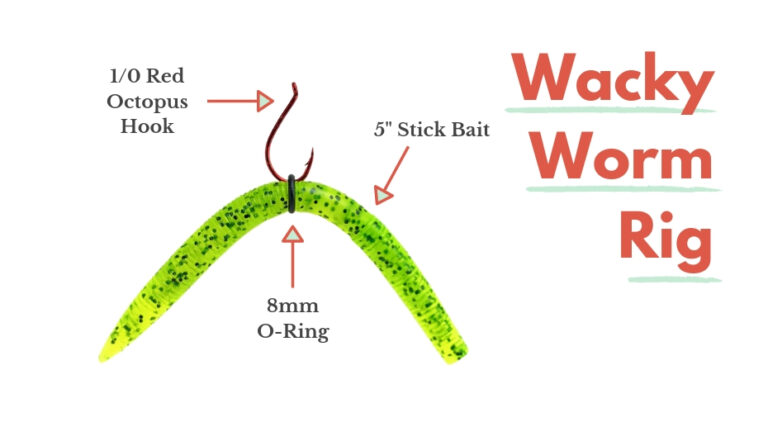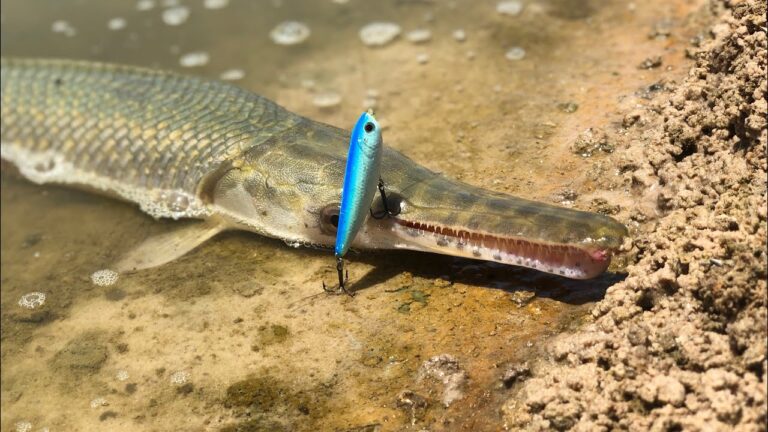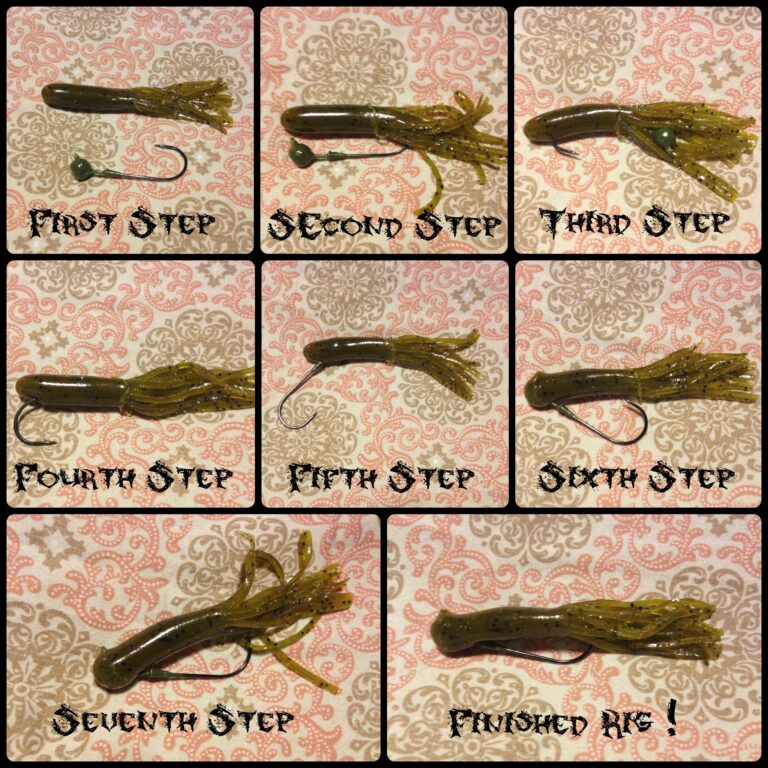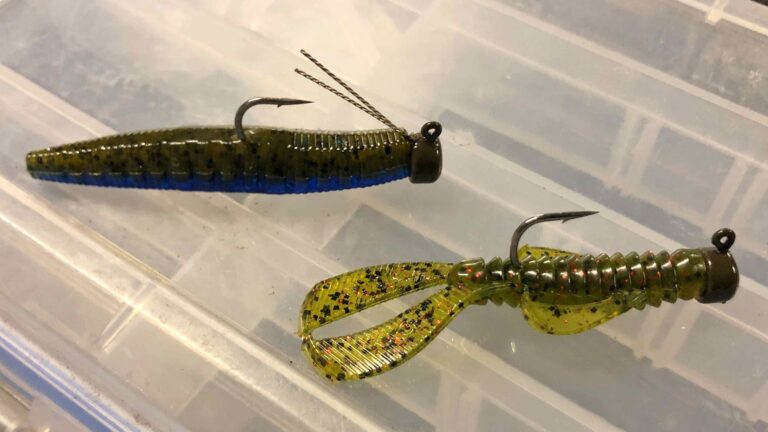Lure Fishing for Beginners
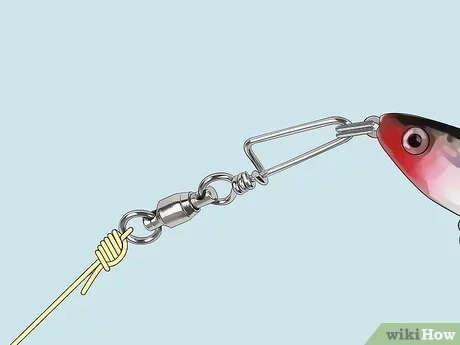
Lure Fishing for Beginners involves using artificial lures to attract fish. It is essential to choose the right lure based on the type of fish you are targeting.
Lures such as plastic worms or soft stickbaits are ideal for beginners, as they are versatile and effective in attracting bass. Casting and jigging are two common techniques used in lure fishing, where you cast your line into the water and retrieve it slowly or use short, quick strokes to make the lure swim up and down.
It is important to experiment with different baits and lures to find what works best in different fishing situations and learn from your mistakes.

Credit: m.youtube.com
Introduction To Lure Fishing
Lure fishing is a thrilling and effective method for catching fish. It involves using artificial lures to entice fish to bite, rather than using live bait. Lure fishing offers several benefits, including the ability to cover a greater area of water, the potential to catch a wider variety of fish species, and the excitement of the chase. This method of fishing also allows anglers to experiment with different types of lures and techniques, providing a great learning experience for beginners. Overall, lure fishing is a versatile and engaging way to enjoy the sport of fishing.

Credit: m.youtube.com
Different Types Of Lures
Lure fishing for beginners offers a variety of options, such as soft stickbaits and plastic worms, which are versatile and lifelike. These lures are great for gaining confidence and attracting bass, making them a must-have for beginners.
Spinnerbaits
If you are a beginner in lure fishing, one of the types of lures you should consider is spinnerbaits. Spinnerbaits are versatile and effective lures that can attract a wide range of fish species. They have a metal arm that spins around like a propeller, creating vibrations and flash that mimic a distressed fish, enticing the predators to strike. Spinnerbaits can be used in various fishing conditions, from shallow to deep waters, and from murky to clear water. They are available in different sizes, colors, and blade configurations, so you can choose the one that best suits your fishing needs.
Plugs
Plugs are another type of lure that beginners can use in their fishing expeditions. These lures mimic baitfish, crayfish, or other prey species and are designed to dive underwater when retrieved. Plugs come in different shapes, sizes, and diving depths, allowing you to target various fish species and fishing scenarios. Some plugs even have built-in rattles or other noise-making features to attract the attention of fish in murky water or low light conditions. Plugs are easy to use and versatile, making them an excellent choice for beginners.
Soft Plastic Baits
Soft plastic baits are popular among beginners and experienced anglers alike due to their versatility and effectiveness. These baits are made of soft, flexible materials that mimic various prey species, such as worms, minnows, or insects. Soft plastic baits can be rigged in different ways, such as Texas rig, Carolina rig, or drop shot rig, allowing you to adapt to different fishing conditions and techniques. They can be used with or without weights, and their lifelike movement in the water can fool even the most skeptical fish. Soft plastic baits come in a wide range of colors and sizes, so you can experiment and find the ones that work best for you.
Choosing The Right Lure For Beginners
Best Lures for Beginners
|
What are the basics of lure fishing? Using Artificial Lures, there are two basic techniques: casting and jigging. Casting involves casting your line out into the water and retrieving it slowly, allowing the lure to swim through the water. Jigging is a technique where you use short, quick strokes to make the lure swim up and down in the water.
Why can’t I catch fish with lures? One possible reason is that you might be using the wrong bait or lure. It could be too big or too brightly colored. It’s important to be willing to try different things and learn from your mistakes. Just because you’ve had success with a certain lure or bait in the past doesn’t guarantee success every time.

Credit: www.wikihow.com
Basic Techniques For Lure Fishing
When it comes to lure fishing for beginners, understanding basic techniques is essential for success. Casting involves skillfully casting the line into the water and slowly retrieving it to imitate swimming movement. Jigging requires short, quick strokes to make the artificial lure move up and down, attracting the attention of fish. It’s crucial to choose the right bait or lure, such as plastic worms or soft stickbaits, to enhance the chances of catching fish. Learning the basics of lure fishing allows beginners to gain confidence and eventually improve their fishing skills over time.
Tips And Tricks For Beginners
When it comes to lure fishing for beginners, it’s important to avoid common mistakes that can hinder your success. One common mistake is not using sinkers with lures. Sinkers help the lure reach deeper depths, where the fish are often found. They also help provide stability and control to the lure, making it more enticing to the fish. By using sinkers appropriately, you can improve your chances of catching fish.
Another mistake to avoid is using the wrong bait or lure. It’s essential to choose the right lure for the type of fish you’re targeting and the fishing conditions. Research different types of lures, such as plastic worms or soft stickbaits, which are great options for beginners. These lures are lifelike and versatile, making them attractive to bass, for example.
Lastly, practice different fishing techniques like casting and jigging. Casting involves casting your line out into the water and retrieving it slowly, allowing the lure to swim naturally. Jigging involves using short, quick strokes to make the lure swim up and down in the water, mimicking the movement of prey.
Frequently Asked Questions Of Lure Fishing For Beginners
What Lure Is Best For Beginners?
The best lure for beginners is the plastic worm or soft stickbait. They are lifelike, versatile, and loved by bass, making them a must-have for gaining confidence in lure fishing. With many choices available, these lures will work at different times.
What Are The Basics Of Lure Fishing?
The basics of lure fishing include casting and retrieving, as well as jigging techniques. Casting involves throwing the line out and slowly reeling it in to make the lure swim. Jigging involves quick strokes to make the lure move up and down in the water.
It’s important to use the right size and color lure for success.
Why Can’t I Catch Fish With Lures?
To catch fish with lures, make sure you’re using the right bait or lure. Avoid using oversized lures or brightly colored baits. Don’t be afraid to experiment and learn from your mistakes. What worked in the past may not work every time.
Do You Use A Sinker With A Lure?
Yes, you’ll need a sinker or weighted jighead to sink buoyant lures like plastic worms or tube baits.
Conclusion
After learning the basics of lure fishing, beginners can feel confident in their ability to attract fish with artificial lures. By understanding the different types of lures and techniques such as casting and jigging, beginners can improve their chances of a successful catch.
With practice and experimentation, beginners can find the best lure for their fishing endeavors.
